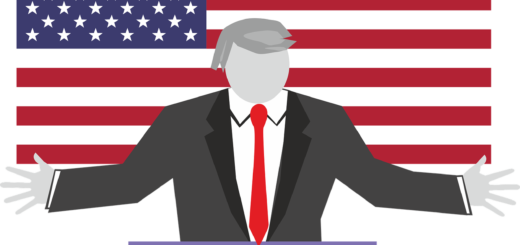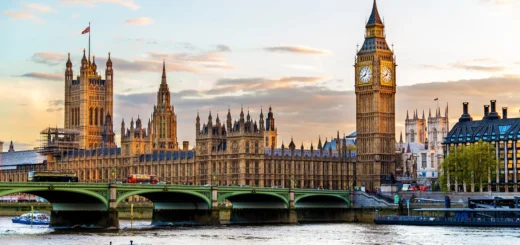‘Aware Of’ How America Changed After September 11, 2001

The tragic events of 9/11 shocked the nation and brought about transformative changes in U.S. governance, transportation, travel, and cultural activities.
On September 11, 2001, life before the terrorist attacks was drastically different from life after them. Approximately 3,000 Americans lost their lives on that clear, bright morning when two hijacked aircraft crashed into the World Trade Center towers in New York City, another struck the Pentagon, and a fourth was brought down in a crash in a Pennsylvania field by heroic passengers who fought back against extremists.
“This attack was extraordinary in the annals of violence in terms of its scale,” remarks Brian Michael Jenkins, a senior advisor to the president of the RAND Corporation and an author with extensive expertise in terrorism, including “Will Terrorists Go Nuclear?”. “However, it was the largest attack by any foreign entity on U.S. soil.”
The impact of September 11th extended beyond the immediate days and weeks, casting a long shadow over American life. A once-unlikely and nearly unthinkable large-scale attack on America became a collective assumption, leading to the acknowledgment that terrorists might strike again, possibly with biological or nuclear weapons, necessitating preventive measures.
Drenched in terror, grief, and a sense of vulnerability, America turned to its leaders for swift action. In response, Congress and the White House initiated an unprecedented bolstering of military, law enforcement agencies, and intelligence powers aimed at identifying and thwarting terrorists, both domestically and abroad.
“Terrorism is aimed at carrying out acts of violence that will cause people to exaggerate the strength of the terrorist and the importance of their cause,” notes Jenkins.
The aftermath of 9/11, marked by a combination of terror and an awareness of intelligence shortcomings, triggered a series of policy changes. These included restrictions on immigration and the establishment of the Department of Homeland Security, reflecting a concerted effort to enhance national security.

1. When War On Terror Activated
Following the 9/11 attacks, President George W. Bush addressed Congress and the American nation on September 20, 2001. In his speech, President Bush presented the case for a transformative military response—a departure from targeted airstrikes on specific facilities. Instead, he advocated for a comprehensive global War on Terror.
President George W. Bush asserted, “Our war on terror begins with al Qaeda, but it does not end there. It will not end until every terrorist group of global reach has been found, stopped, and defeated.”
In less than a month after September 11th, American troops initiated an operation in Afghanistan, marking the onset of the longest sustained military campaign in U.S. history. The objective was to dismantle Al Qaeda, defeat the Taliban, and eliminate Osama bin Laden, the ruthless mastermind behind the 9/11 attacks. This military engagement garnered support from the American people and received backing from NATO allies.

2. Air Travel Was Transformed
One of the most unsettling aspects of the 9/11 attacks was the realization that 19 al Qaeda hijackers not only managed to board commercial aircraft with rudimentary weapons but also successfully infiltrated the cockpit. It became evident that 9/11 represented a dual breakdown — a failure of America’s intelligence apparatus to identify the attackers and a failure of airport security systems to prevent their intrusion.
3. Anti-Muslim Ferocity Raised
Following the 9/11 attacks, politicians and law enforcement consistently emphasized that Islam is a peaceful religion, and the true teachings had been distorted by terrorist militants. Despite these assertions, many individuals in the USA and around the world associated the 9/11 attacks with Islam, leading to a desire for revenge.

4. Wide Observation
Once more, there was a prevailing fear that the 9/11 attacks were merely the beginning, with additional terrorist cells actively present in American cities, awaiting orders to strike. In response to this concern, Congress granted the FBI and NSA enhanced capabilities to collect and share data, aiming to identify and apprehend these potential “terrorists among us.”
5. US Converted Harmless, but Changed
Since the 9/11 attack, individuals influenced by jihadist ideology have carried out domestic terrorist attacks in the United States, resulting in the tragic deaths of 107 people. Notably, nearly half of these fatalities occurred in a devastating incident of gunfire at the Pulse Nightclub in Orlando. Nevertheless, there have been no major terrorist attacks on U.S. cities comparable to the scale of September 11th, 2001.








